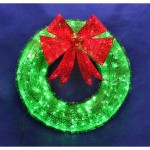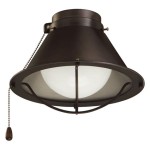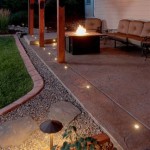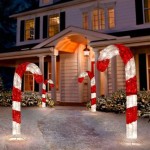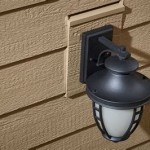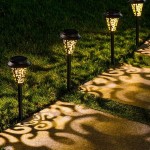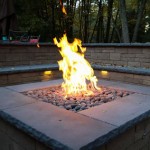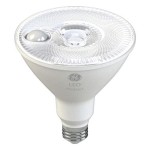Essential Aspects of Outdoor Lighting for a Home Basketball Court
Outdoor lighting is a crucial element in enhancing the functionality and enjoyment of a home basketball court. Proper illumination allows for safe and extended gameplay, while also creating an inviting and visually appealing ambiance.
When considering outdoor lighting for a basketball court, several essential aspects must be taken into account to ensure optimal performance and safety.
1. Lighting Intensity and Distribution
The intensity of lighting refers to the brightness of the court surface. It is measured in lux or foot-candles. For a basketball court, a minimum of 500 lux (approx. 46 foot-candles) is recommended for consistent visibility and accurate ball handling. The distribution of light should be uniform, eliminating dark spots or uneven shadows.
2. Fixture Choice
The type of lighting fixtures used plays a significant role in achieving the desired lighting effect. High-efficiency light-emitting diodes (LEDs) are commonly preferred due to their energy efficiency, long lifespan, and excellent light output. Choose fixtures specifically designed for outdoor use, as they are durable and weather-resistant.
3. Pole Placement and Height
The placement of light poles should be carefully planned to ensure optimal coverage of the court surface. Poles should be positioned around the perimeter of the court, approximately 20-25 feet apart. The height of the poles should be sufficient to provide adequate clearance for gameplay and minimize glare.
4. Color Temperature
Color temperature, measured in Kelvin, refers to the perceived warmth or coolness of light. For basketball courts, a color temperature of 4000K-5000K is recommended. This range provides a balance between visibility and glare reduction, enhancing player performance and reducing eye strain.
5. Light Spill Control
Minimizing light spill outside the court area is essential to prevent glare and light pollution. Choose fixtures with optical lenses or shields that direct light downward. Proper aiming and angling of fixtures can also help reduce light spill.
6. Dimming Capabilities
Dimmable lighting allows for customization of light intensity based on specific needs. Dimming can be useful for adjusting the lighting during different times of day or for creating different ambiance for various activities on the court.
7. Control and Automation
Consider incorporating control systems and automation to enhance the functionality of the lighting system. Motion sensors can activate lighting when the court is in use, saving energy when unoccupied. Smart controllers can provide remote control and scheduling capabilities, allowing for easy management of lighting.
Conclusion
By addressing these essential aspects, you can create an outdoor lighting system for your home basketball court that provides optimal illumination, enhances gameplay, and creates a welcoming atmosphere. Proper lighting not only improves the safety and enjoyment of the court but also elevates its aesthetics, making it a valuable addition to your backyard space.

Guide To Basketball Court Lighting Design Mklights

Newest Basketball Court Lights Standard Guide Jan 2024 Topsportsled Com

Beautiful Outdoor Basketball Court And Lighting Backyard Home

Guide To Basketball Court Lighting Design Mklights

Basketball Court Lighting
Court Vision Solar Powered Light First Team Inc

Basketball Court Lighting Flood Zgsm

Basketball Court Lighting

How To Do Sport Court Lighting Compare Your Options Choices

Guide To Basketball Court Lighting Design Mklights
Related Posts
